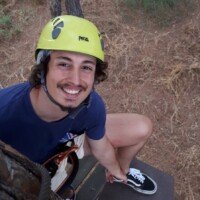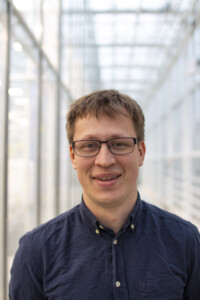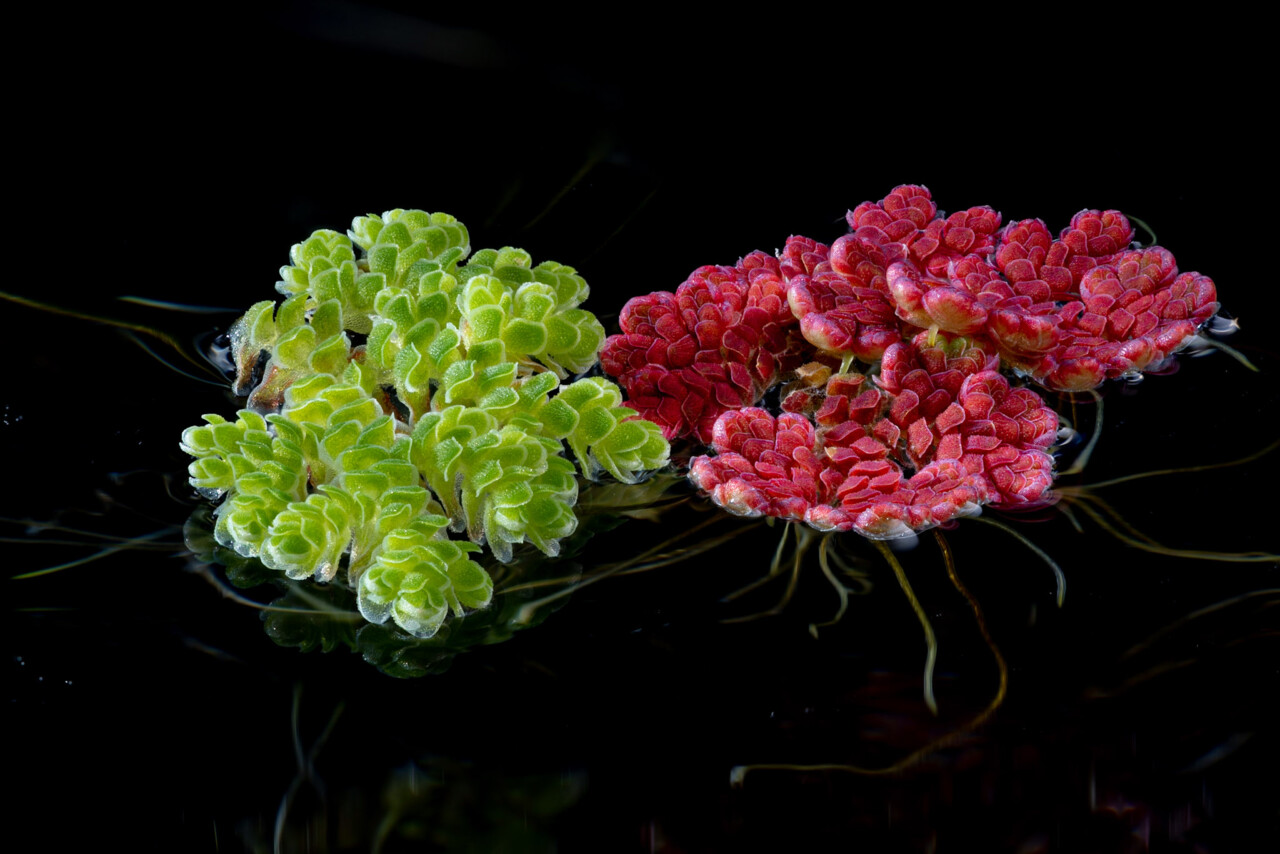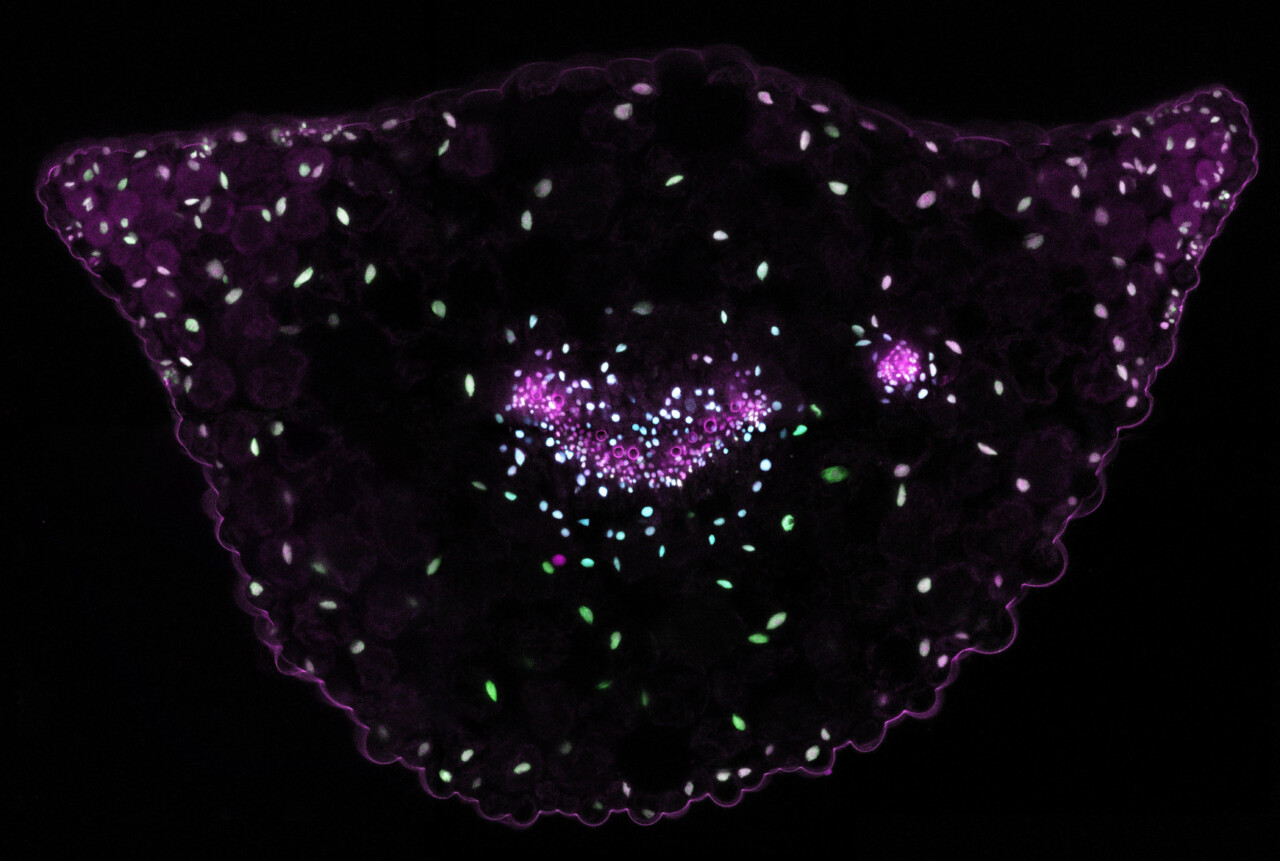
Alessio Albanese
Contact: Alessio Albanese
About me
I am a PhD candidate here in Wageningen, and my project is about development of novel statistical models for multi-omics data integration. Multi-omics data have the incredible potential to unravel and explain the hidden biology underlying several intriguing natural phenomena. For example, they could allow us to understand how root nodules are formed in legumes, what is the complete molecular framework behind plant stress responses, and why certain crop varieties are resistant to a given pathogen while others are not. Nevertheless, we still lack the analytical tools to fully harness the potential of multi-omics data. This is why I aim to develop a statistical framework able to untangle the role of all the molecules responsible for any biological feature of interest.
It is amazing to be part of the organization of the EPSR, and I hope to welcome as many of you as possible and to make this a memorable experience for all of us!

Kilian Duits
Contact: Kilian Duits
About me
I am working in the rootsinsalt lab on root system development during salt stress. Most plants rely on their roots for stability and sourcing of vital resources like nutrients and water. This makes a well-developed root system crucial for the plants growth and performance. When the roots are exposed to salt, the architecture of the root system can be drastically affected, limiting the plants’ ability to explore the soil and obtain resources.
In my project I am investigating how plants develop lateral roots during salt stress. To investigate the complex interaction regulatory mechanisms I make use of a combination of bioinformatic, molecular and microscopy techniques.
I am excited to co-organize the European Plant Science retreat and looking forward to welcoming you all in Wageningen.

Rianne Kluck
Contact: Rianne Kluck
About me
The world around me has always fascinated me and specifically plants as they cannot escape their environment and without plants we would simply not survive. How plants survive in their daily environment and how they have adapted themselves over millions of years is something that fascinates me.
One of those adaptions to help the plant, for example during drought, is the development of a root barrier; the exodermis.
In my PhD project I will try to unravel how the exodermis has evolved by using the dynamic diversity that exists in several distinct angiosperm families.
I will be dissecting this variety using confocal imaging, hormone assays and, RNA-seq to build gene regulatory networks and subsequently investigate how those networks might have evolved.
I am very excited to organize this retreat. I think it an excellent way to meet new people and build connections for the future and I am very curious to see and hear what you are all working on!

Sophia Mueller
Contact: Sophia Müller
About me
After becoming aware of the potential of plants during my Master in Germany, I took the opportunity to dive deeper into it for my PhD in the Netherlands, which is known for its strong agriculture.
My interests have always been to understand molecular interactions within or in between cells, especially in key developmental processes. In my project, I am trying to unravel the hormonal regulation of de novo meristem formation in the model organelle “nodule”. There, soil bacteria can fix atmospheric nitrogen in a symbiotic manner and get sugars and a specialized organ in return. Most interesting to me is, that in the model legume Medicago truncatula, those nodules form a new meristem out of differentiated cells. It gives the possibility to detach the meristem formation from other developmental cascades and specifically induce it, when needed.
I am using single cell RNA sequencing and hopefully will be using tissue-specific fluorescent marker lines to get a high resolution and an in-depth understanding of the nodule meristem formation. If you want to know more, come to my presentation or poster.

Jana Wittmer
Contact: Jana Wittmer
About me
I have spent the last 3 years during my PhD studying how plants can outperform Deadpool: Plants are not only able to regrow damaged body parts, but they have the potential to even regrow a complete plant system from just a few cells. In my project I study the use of root stem cell factors to induce regeneration, thereby circumventing traditional tissue culture techniques in which hormones are used. This allows an in-depth study of the regeneration process on a molecular level and can even overcome regeneration recalcitrance in Arabidopsis accessions.
It is a pleasure to work alongside the organizing team for the EPSR, and I am looking forward to welcoming all of you to Wageningen for what promises to be an unforgettable experience. See you all very soon!



